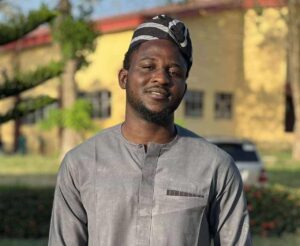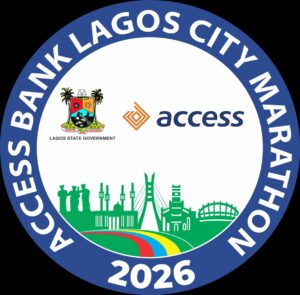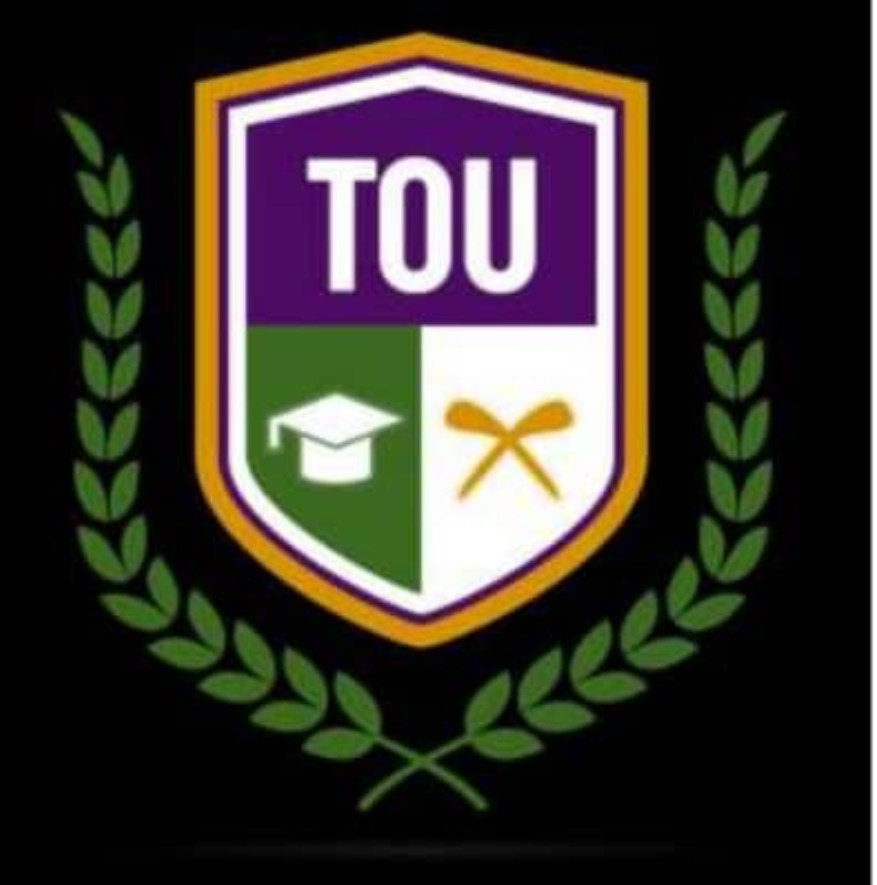
By Misbaudeen Abdul-Hameed
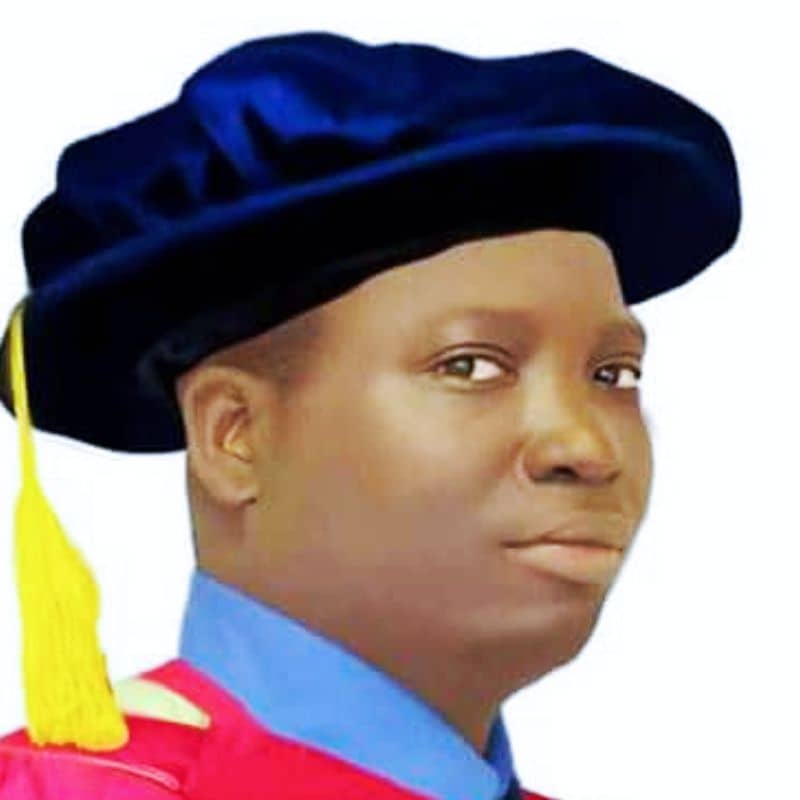
Tertiary education is an investment for self government, the community, corporate bodies and institutions. It is needed to satisfy individual’s urge for knowledge, and personal fulfillment, for furthering growth, reducing wants, and for boosting societal advancement and prosperity. It is thus needed for fostering the gains for the individual as well as the society at large. Rapid transformations are taking place in tertiary education systems and institutions all over the world and this affects the economy of the communities where higher institutions ate located.
Would Ogbomoso be an exception. Nigeria’s tertiary institutions, and those at Ogbomoso and worldwide, have as their mandates the ultimate provision of education, anchored in the prime goal of lifting people out of poverty. It is believed that those who acquire skills and adequate education also acquire more of life’s opportunities, income, adopt healthier lifestyles, stable economic power, comfortable and improve economic status. These are the dividends of an educated person in a society. Indeed, lack of educational access is responsible for the cycle of poverty in any society. It dwarfs the individual’s growth and limits one’s ability to think, communicate adequately, leading to stunted growth, ideas and passion.
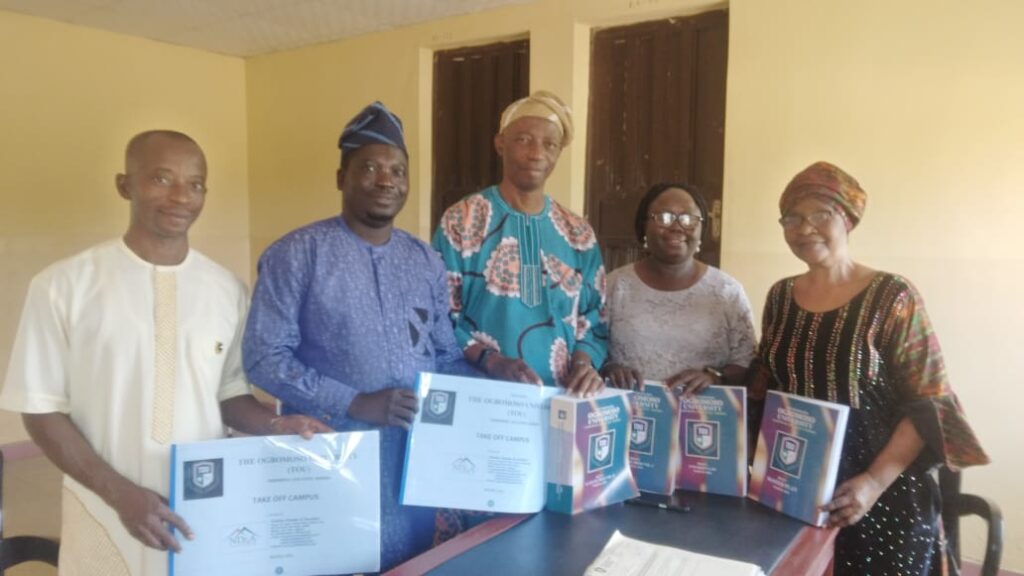
Without doubt, lack of education results in poor workforce in a society, as there would be no room for innovation or the knowledge of it, resulting in poor productivity, poor skills and often accompanied by poor judgment, indiscipline and poor outlook to life. Adequate care for the above listed factors could uplift the economic status of Ogbomoso as a great city.
Prior to the establishment of LAUTECH, numerous Ogbomosos could not continue their education beyond the secondary level due to inaccessibility and unaffordability to some Ogbomoso families. Then, only Ogbomosos that could afford it would then have to seek admissions elsewhere into Polytechnics, Colleges of Education and Universities in the neighboring cities such as Ibadan, Oyo, Ile-Ife and Ilorin while others travelled as far as to the core Northen Nigeria. This is evident among the educated elders in Ogbomoso who attended University of Ile-Ife (now Obafemi Awolowo University, OAU), University of Ibadan, St. Andrews College of Education (SACOED) in Oyo, The Polytechnic Ibadan, Ahmadu Bello University, among others. Those attending northern Universities then faced numerous challenges, forcing some of them to even change their indigeneship; thus claiming to hail from several northern states, thereafter. This has led to the low enrolment of Ogbomosos in tertiary education prior to 1990. This high rate of emigration away from Ogbomoso has posed great challenges to the economic development of Ogbomoso as this remains a setback to the progress of our cherished town, Ogbomoso.
LAUTECH boasts of about 40,000 students and 3,000 staff strength. On an average, a student spends about N2,000 (two thousand naira) every day on feeding, clothing, transportation and patronising local markets in Ogbomoso, and there are many that spend far more than the quoted daily expenses. Similarly, each LAUTECH staff (with the family size of 6) spends about N8,000 on the family daily on the average. The daily and monthly financial implication to Ogbomoso economy, therefore, would be an average of 104 million naira and 3.12 billion naira, respectively. This is huge and significant on Ogbomoso economy. The multifactorial population effects of LAUTECH on Ogbomoso economy is tremendous as the negative economic downturn due to strike or long holiday in LAUTECH are negatively felt by our noble town anytime such presents itself.
Ogbomoso has well over 257 surrounding towns/villages and emerging towns under various paramount rulers; although this economic boom by LAUTECH establishment is felt by some towns and villages around Ogbomoso more than the others.
Established in 2021, Federal Polytechnic Ayede (FEDPA) Ogbomoso now possesses five Schools namely: Agricultural Technology, Engineering Technology, Environmental Technology, Management Sciences as well as Sciences and Technology which currently house thirteen (13) departments. The polytechnic can be boastful of a population of about 2000 students now and about 250 staff. This could contribute to an economic value of nearly 200 million naira monthly to Ogbomoso.
Any need for Private University(ies) in Ogbomoso
At its first official live meeting at the Pine Valley High School, Egbeda, Ogbomoso, in March 2019, the entire membership of Ogbomoso Academics, comprising the indigenes of Ogbomoso who are Professors up to Senior Lecturers as well as Senior Officers at the Registry, Bursary, Works and ICT departments in various universities, home and in the Diaspora, affirmed the difficulties that some brilliant and promising young secondary school graduates of Ogbomoso extraction go through, particularly in Nigeria, as they seek admissions into Nigeria’s federal tertiary institutions, as a result of several governmental policies, such as catchment area, state of origin, among others, which are enunciated as criteria for admissions into such institutions. The entire group was in agreement and amongst other issues noted by all, education was the priority adopted by all that the association must tackle. At that gathering, the name ‘Ogbomoso Academics’ was adopted as the name for the association and the goal to have a university in Ogbomoso was determined.
Suffice it to say, that there are, indeed, overwhelming gains of having another functional university located in the city and the benefits accompanying such in terms of commerce, enlightenment, job security, wealth creation as well as small and large-scale industrial startups. Examples of such university-impacted cities abound worldwide, and the Obafemi Awolowo University, Ile-Ife; Osun State University, Osogbo; Bowen University, Iwo; Ogun State University, Ago-lwoye now Olabisi Onabanjo University, Ago-Iwoye, and Ahmadu Bello University, Zaria, among others, are glaring examples, in the case of Nigeria. Interestingly, Ile-Ife, Osogbo, Iwo, Ago-lwoye, Samaru, were practically small cities much earlier, and would probably have remained so, but for the universities located in those towns.
In spite of these examples, the sheer population of Ogbomoso, and its surrounding developing towns, no doubt, calls for deep reflection. If Oyo town, with its population and landmass that are far below that of Ogbomoso, could have two Private Universities (Ajayi Crowther and Atiba Universities) within its enclave, what prevents Ogbomoso, with its population, landmass, resources and people scattered worldwide, that far supersede Oyo town in size and number, from running its own community-based university?
The above thought is a clarion call on every indigene and stakeholer of Ogbomoso, home and in the Diaspora, to see to the development of the land by giving generously towards the The Ogbomoso University project. There is no better time to bring TOU to real fruition than now. It is a plea on the communities, groups, organisations, pholantrophists, religious bodies, among others, to give genrously towards the projects.
…Prof. Abdul-Hammed is of the Department of Pure and Applied Chemistry, immediate past Deputy Dean, Faculty of Pure and Applied Sciences, LAUTECH and Secretary of ‘Ogbomoso Academics’



